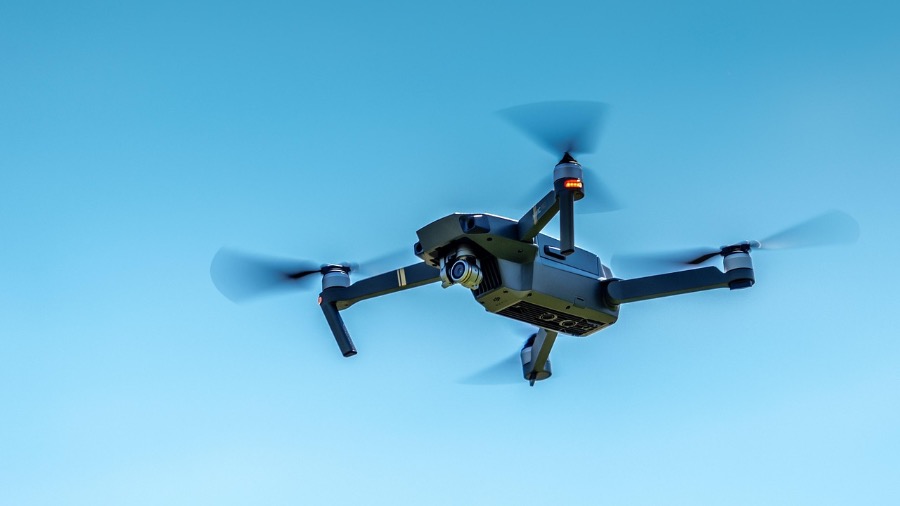
Londoners may soon notice more drones in the sky as the Metropolitan Police Service (MPS) begins deploying unmanned aerial systems as rapid “first responders” to emergency incidents. The new initiative, known as the Drone as First Responder (DFR) programme, is designed to provide officers with immediate situational awareness, accelerate response times, and support frontline policing with advanced real-time intelligence.
Under the programme, drones will be dispatched within two minutes of a 999 call, offering live imagery to control room operators and officers en route. This capability is expected to reduce reliance on helicopters, improve resource allocation, and strengthen operational efficiency in critical moments.
Islington will serve as the first borough to implement the DFR programme, with deployment expected to expand to central London by the end of the year.
DFR drones are stationed in secure, weather-resistant docking units installed on the rooftops of selected police facilities. Each system remains charged and ready to deploy at a moment’s notice.
Once a 999 call is assessed, the Met’s control room may activate a drone remotely. The aircraft then automatically launches, travels to the incident, and streams real-time video to authorised control rooms and mobile units. Footage captured during operations will support decision-making, guide frontline response, and be retained as evidential material when required.
After each mission, the drone autonomously returns to its docking station, where it is secured, recharged, and prepared for its next deployment.
The introduction of drones comes at a time of increasing public discussion about surveillance technologies in London. While the MPS confirmed there is no indication that facial recognition technology will be integrated into drones, civil liberties groups have called for stronger regulation.
Jake Hurfurt, Head of Research and Investigations at Big Brother Watch, commented:“Drones may have a role in providing faster information than helicopters during unfolding emergencies. However, it’s concerning that such potentially intrusive technology is being deployed without clear policies governing how, when, or why it may be used. Without robust safeguards, there is a risk of mission creep and drones becoming flying CCTV cameras.”
Security specialists and operational partners have expressed support for the programme’s capabilities, particularly the potential integration of thermal imaging to assist in high-risk scenarios.
Security expert Will Geddes noted:“A drone with thermal imaging could be vital in serious incidents—such as hostage situations—providing room layouts, identifying individuals, and helping protect both victims and officers. It’s a really positive step forward.”
Assistant Commissioner Laurence Taylor, the national policing lead for drone operations, emphasised the programme’s strategic value:“Our Drone as First Responder programme will enable police resources to arrive at crime scenes across London faster than ever before. These systems will help trace suspects, locate missing persons, and deliver crucial intelligence to officers responding to Londoners when they need us most. We are building a Met that is more precise, more efficient, and better equipped to tackle crime in the capital.”